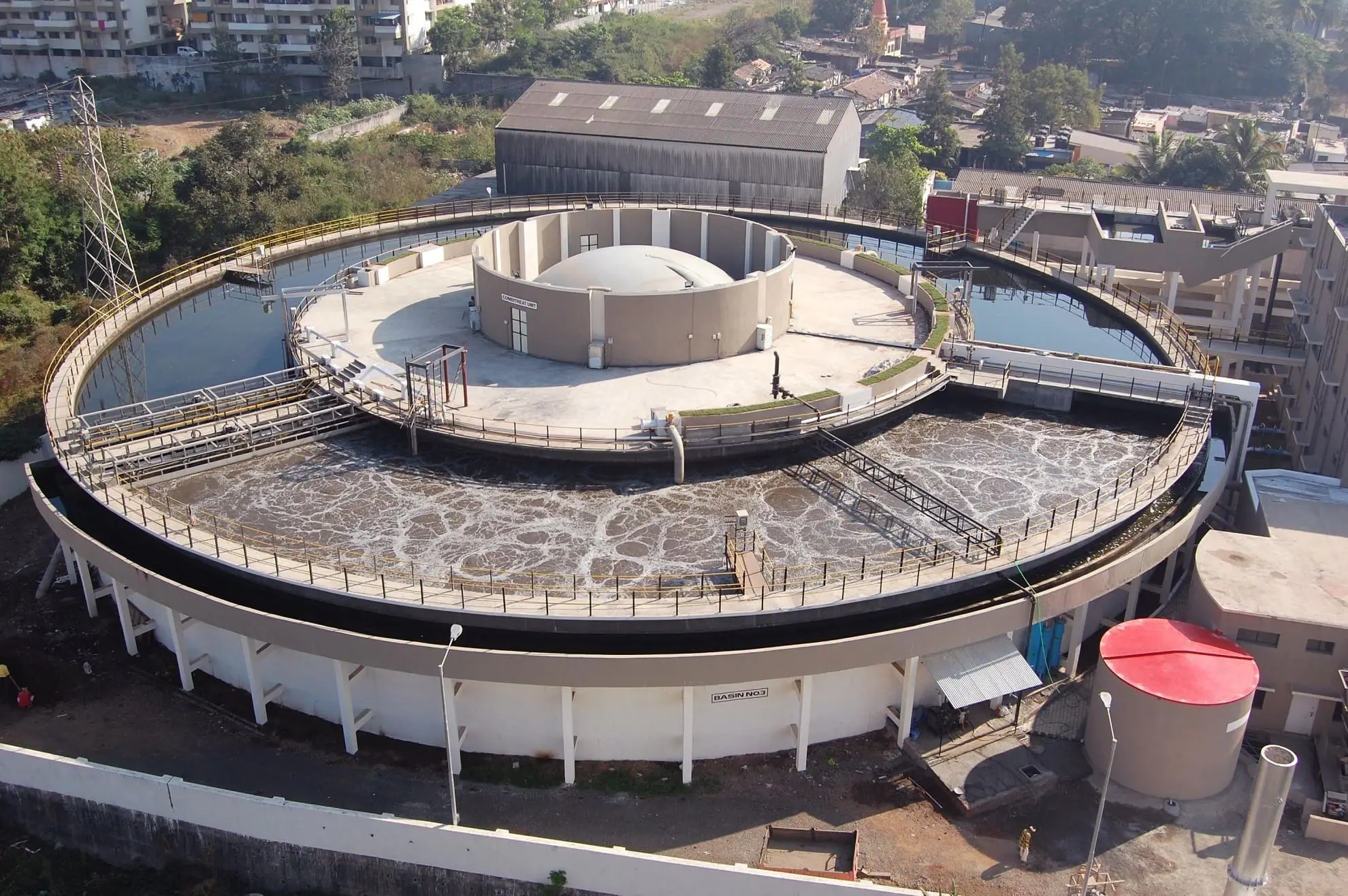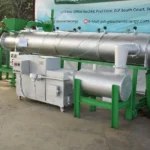Bio Gas
Client:
Web Genius LabDate:
June 11, 2019Category:
Solar PanelsTags:
electricity, tips, solar energy
Bio Trend Energy & Bio Gas
Bio Trend Energy Pvt. Ltd. is capable of setting up an Integrated Waste Management Centre and it will incorporates latest technology to properly handle the Bio Gas production from Biomass.
The integrated waste management system from Bio Trend Energy consist of the following modules –
1. Materials recovery facility (MRF) where unsegregated MSW will be sorted into an organic fraction, RDF
& other fractions.
2. BioCNG plant where the organic fraction will be processed using anaerobic digestion to produce
BioCNG and compost.
3. RDF plant where the inorganic fraction (or RDF) will be shredded and briquetted.
How Biogas is emerging as great alternative to fossil fuel.
Exploring the captivating realm of biogas in the Indian context, we delve into its significance and potential. India, as a nation committed to sustainable development, recognizes biogas as a crucial renewable energy source.
With a thriving agricultural sector and substantial organic waste production, biogas offers solutions to energy access, waste management, and environmental concerns. This clean and cost-effective energy solution is revolutionizing lives, fostering a greener and more self-sufficient India.


Benefits of Biogas
Benefits of biogas are immense and India being a agricultural country holds immense potential for Biogas.
- Biogas is a renewable source of energy that can be generated from organic waste, such as agricultural residue, animal manure, and kitchen waste. By utilizing biogas as a fuel, India can reduce its dependency on fossil fuels and contribute to a cleaner and more sustainable energy mix.
- Biogas production helps in mitigating greenhouse gas emissions, especially methane. When organic waste decomposes in landfills or is left untreated, it releases methane—a potent greenhouse gas. By capturing and utilizing this methane through biogas plants, India can significantly reduce its emissions and combat climate change.
- India faces significant challenges related to waste management, with a large amount of organic waste being discarded in landfills or dumped openly. Biogas provides an effective solution by converting this organic waste into useful energy. By implementing biogas plants, India can not only generate clean energy but also address the waste management crisis by diverting organic waste from landfills.
- Rural Biogas plants can have a transformative impact on rural areas of India. The availability of biogas as a cooking fuel can eliminate the reliance on traditional biomass fuels like firewood and cow dung, which contribute to indoor air pollution and health issues. Biogas also enables decentralized energy production, allowing rural communities to become self-sufficient in meeting their energy needs.
- The use of biogas digesters enables the effective management of agricultural waste, such as crop residues and animal manure. By utilizing these waste streams to produce biogas, farmers can improve waste management practices, reduce pollution, and enhance soil fertility through the application of digestate, a byproduct of the biogas production process.
- The establishment and operation of biogas plants create employment opportunities, particularly in rural areas. Biogas projects require skilled and semi-skilled workers for tasks such as feedstock collection, plant operation, maintenance, and distribution. By promoting biogas adoption, India can contribute to job creation and support economic development, particularly in rural communities.
- In many parts of India, especially in remote and off-grid areas, access to reliable and affordable energy is limited. Biogas plants can play a crucial role in providing clean energy access to such communities. By generating electricity or providing biogas for cooking and heating purposes, biogas can improve the quality of life and enhance socio-economic conditions in these areas.
- The byproduct of biogas production, digestate, is a nutrient-rich fertilizer. This digestate can be used as an organic fertilizer in agriculture, replacing synthetic fertilizers. By utilizing digestate, farmers can reduce their dependence on chemical fertilizers, improve soil health, and contribute to sustainable agricultural practices.
In conclusion, biogas holds significant promise for India. Its renewable nature, reduction of greenhouse gas emissions, and effective waste management capabilities make it an ideal solution for the country’s energy and environmental challenges. Biogas not only provides a sustainable energy source but also contributes to rural development, job creation, and improved agricultural practices.
By embracing biogas, India can foster a cleaner and more sustainable future, while addressing key socio-economic and environmental concerns. The widespread adoption of biogas has the potential to transform India’s energy landscape and contribute to a greener and more prosperous nation.






